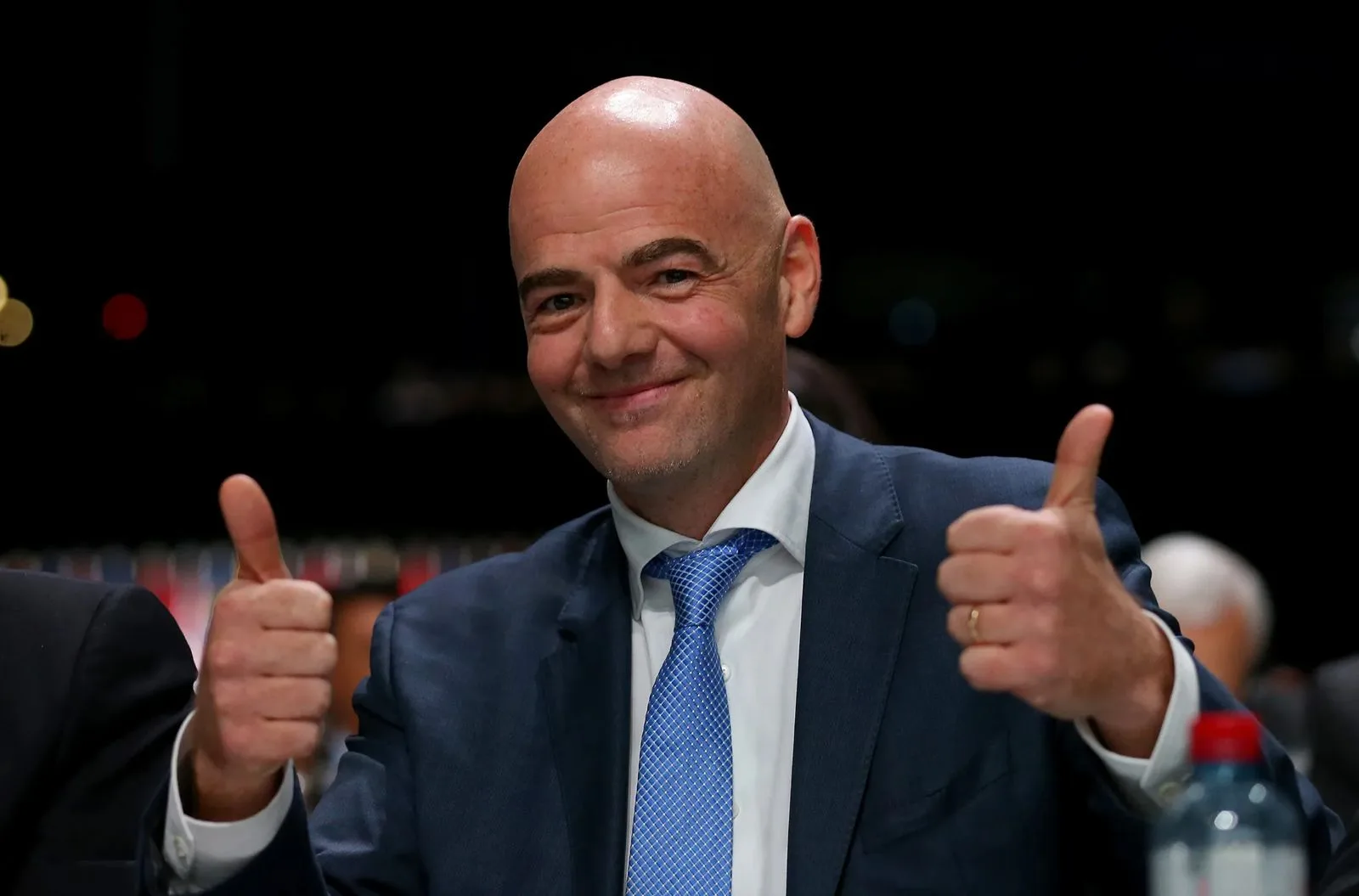The French National Union of Professional Footballers (UNFP) has officially become a co-plaintiff in a sweeping Europe-wide legal challenge against FIFA, aligning with a Dutch-led class action that seeks compensation for tens of thousands of players affected by FIFA’s transfer regulations.
The move follows a landmark ruling by the Court of Justice of the European Union (CJEU), which found that certain FIFA transfer rules are incompatible with EU laws on free movement and competition.
The class action is spearheaded by the foundation Justice for Players (JfP), a Dutch initiative, and could involve up to 100,000 male and female professional footballers who played in European Union or United Kingdom clubs since 2002. The lawsuit claims that FIFA’s rules governing the termination of contracts and player transfers have unfairly suppressed earnings and imposed burdensome restrictions on players’ movement.
The trigger for the legal action was the case of French midfielder Lassana Diarra, who was penalized by FIFA with a €10 million fine after terminating his contract early with Lokomotiv Moscow.
In October 2024, the CJEU held that some FIFA transfer regulations violated European Union laws, in particular the principles of free movement of workers and fair competition.
UNFP President David Terrier said that the union’s board “unanimously decided to become a co-plaintiff in the ‘Justice for Players’ lawsuit.” He emphasized that “as a union representing more than 90% of professional players in France, it is our responsibility to join this class action.”
Terrier added that the UNFP aims to give FIFA “a new opportunity to sit down at the negotiating table with players’ representatives in order to jointly develop new regulations that comply with European law and strike a fair balance between the interests of employees and employers.”

He further explained that the union seeks “sustainable reform of the transfer system” and just compensation for players whose rights were infringed, and that recent advances in European cooperation, especially through FIFPRO Europe’s partnership with UEFA, provide a framework for reform. “Building on these achievements, the UNFP will play its full role as a social partner to enable the emergence of renewed governance and an objective, transparent and balanced transfer system.”
Lucy Melcherts, chair of the JfP Foundation, welcomed UNFP’s decision as “a powerful endorsement of what we are committed to achieving through this legal action for professional footballers, not only past and present but also in the future.” She declared that “achieving reform of the FIFA transfer system and securing compensation for players is firmly on the horizon.”
Justice for Players contends that the financial damage suffered by players is significant. According to estimates by economic consultants Compass Lexecon, affected professional players may have earned approximately eight percent less over the course of their careers than they would have under lawful regulations.
Under the Dutch legal framework known as WAMCA, the Act on the Settlement of Mass Damages in Collective Action, players will not need to bear the financial risk or pay to join the legal action. The claim includes not only FIFA, but also several national football associations, including those of France, Germany, Belgium, the Netherlands, and Denmark.
FIFA responded to the CJEU ruling by instituting an interim framework in December 2024, aimed at moderating some of the most contentious provisions of its Regulations on the Status and Transfer of Players (RSTP). Among other things, the interim rules affect how compensation is calculated when contracts are breached and modify burdens of proof for contract inducements.
However, many player representatives argue these changes fall short of the reforms needed to restore fairness.

